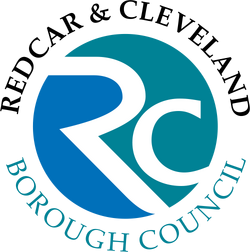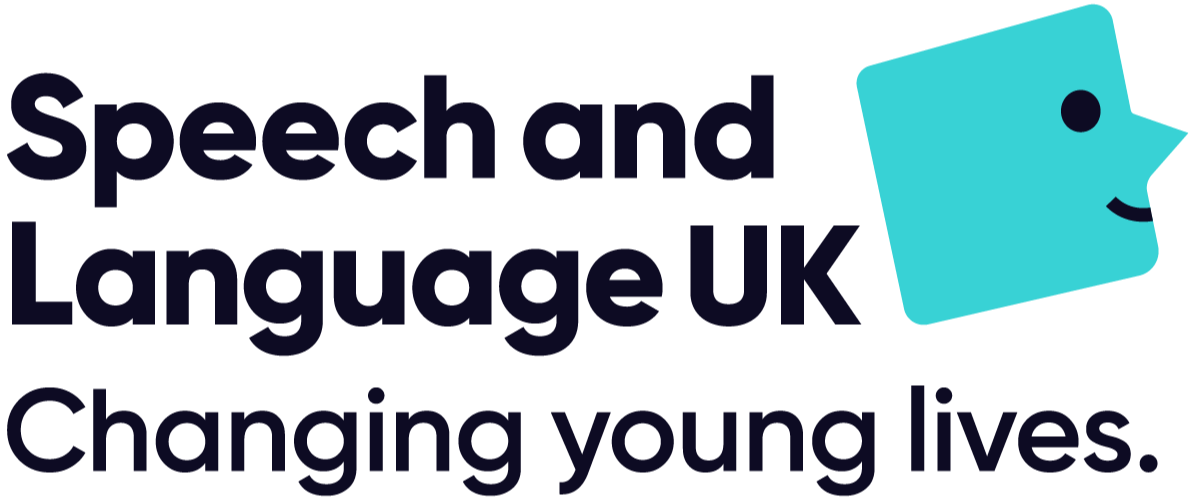FAQ
1. Which children will be able to take part?
Children aged 0-3 and their families from selected early years settings will be asked to take part. Children who have speech, language and communication needs as part of a long-term condition (e.g. cerebral palsy, autism spectrum disorder, Down's syndrome) can take part. Children with English as an additional language can be included in the study.
Children receiving speech and language therapy from either NHS speech and language teams or an independent practitioner can take part.
2. What is the assessment?
Children’s talking will be assessed three times over 18 months. The assessment used in the study is called the Preschool Language Scale 5th UK Edition (PLS-5). It uses toys and pictures to check a child’s language (words, sentences) and understanding (instructions, questions). The assessment will be changed for children who speak a different language.
Parents will be asked to do three questionnaires three times over the same 18 months. Parents will be asked about how often they use health services like a GP, how they feel about their child’s quality of life and about their own wellbeing. An interpreter can be used if this would be helpful.
Some parents and early years staff will also be asked if they would like to be interviewed about their experience of taking part in the PLACES project.
3. What is the intervention?
The programmes work on children’s listening and learning new words. Staff will learn new ways of getting children involved in conversation and keeping their attention. They will help children’s language learning through fun activities such as songs, games, and sharing books.
The language programmes have been shown to work in the UK and other countries. They have helped children learn language faster and staff have felt more confident in supporting children who they work with.
4. How long is the project?
The project is running from December 2023 – December 2026. Some of this time is for writing up the project's results. Children, families and early years settings will be asked to take part from July 2024. Settings will use the intervention with identified children during 2025. Children will be assessed between July 2024 – April 2026.
5. How are children kept safe?
All members of the team have undergone DBS (Disclosure and Barring Service) checks. They have all had safeguarding training.
The information we will need to store about participants in the project will be kept in a secure computer drive as part of the University research team.











